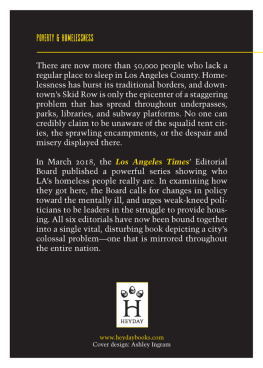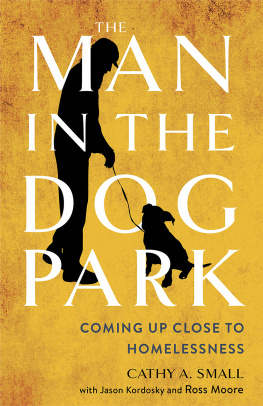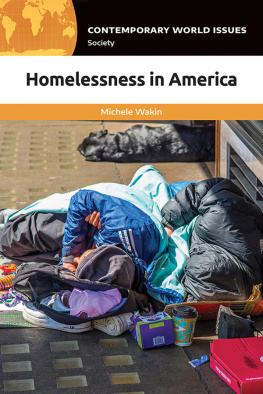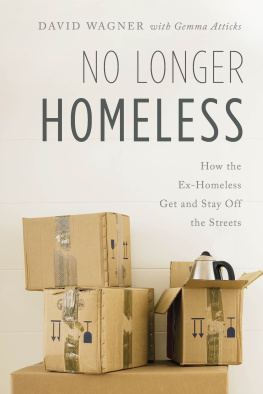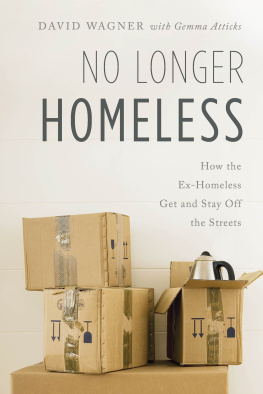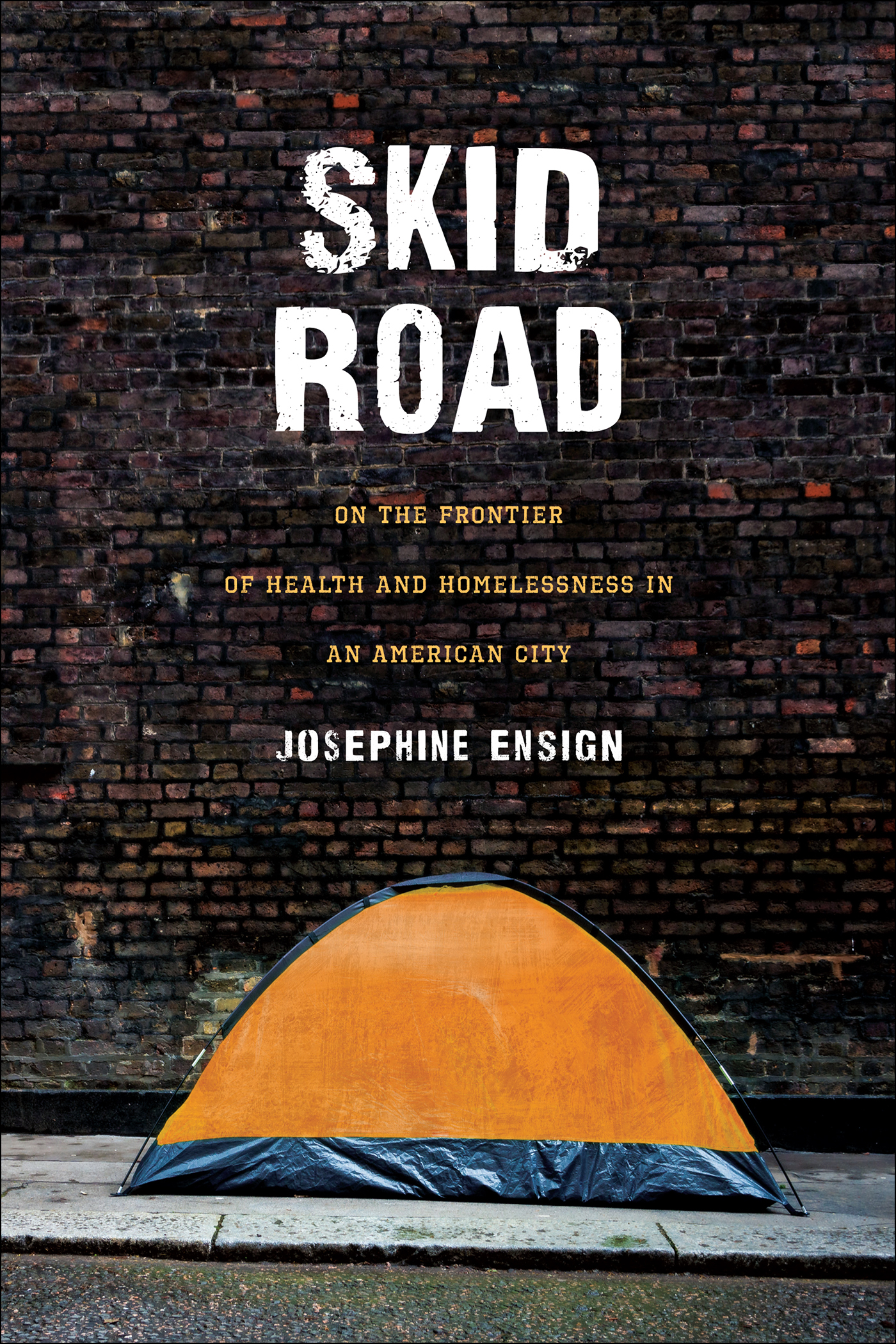Josephine Ensign - Skid Road: On the Frontier of Health and Homelessness in an American City
Here you can read online Josephine Ensign - Skid Road: On the Frontier of Health and Homelessness in an American City full text of the book (entire story) in english for free. Download pdf and epub, get meaning, cover and reviews about this ebook. City: Baltimore, year: 2021, publisher: Johns Hopkins University Press, genre: Politics. Description of the work, (preface) as well as reviews are available. Best literature library LitArk.com created for fans of good reading and offers a wide selection of genres:
Romance novel
Science fiction
Adventure
Detective
Science
History
Home and family
Prose
Art
Politics
Computer
Non-fiction
Religion
Business
Children
Humor
Choose a favorite category and find really read worthwhile books. Enjoy immersion in the world of imagination, feel the emotions of the characters or learn something new for yourself, make an fascinating discovery.

- Book:Skid Road: On the Frontier of Health and Homelessness in an American City
- Author:
- Publisher:Johns Hopkins University Press
- Genre:
- Year:2021
- City:Baltimore
- Rating:4 / 5
- Favourites:Add to favourites
- Your mark:
Skid Road: On the Frontier of Health and Homelessness in an American City: summary, description and annotation
We offer to read an annotation, description, summary or preface (depends on what the author of the book "Skid Road: On the Frontier of Health and Homelessness in an American City" wrote himself). If you haven't found the necessary information about the book — write in the comments, we will try to find it.
A compelling look at the historical roots of poverty and homelessness, the worthy and unworthy poor, and the role of charity health care and public policy in the United States.
Home to over 730,000 people, with close to four million people living in the metropolitan area, Seattle has the third-highest homeless population in the United States. In 2018, an estimated 8,600 homeless people lived in the city, a figure that does not include the significant number of hidden homeless people doubled up with friends or living in and out of cheap hotels. In Skid Road, Josephine Ensign digs through layers of Seattle historypast its leaders and prominent citizens, respectable or notto reveal the stories of overlooked and long-silenced people who live on the margins of society.
The sometimes fragmentary tales of these people, their lives and deaths, are not included in official histories of a place. How, Ensign asks, has a large, socially progressive city like Seattle responded to the health needs of people marginalized by poverty, mental illness, addiction, racial/ethnic/sexual identities, and homelessness? Drawing on interviews and extensive research, Ensign shares a diversity of voices within contemporary health care and public policy debates.
Informed by her own lived experience of homelessness, as well as over three decades of work as a family nurse practitioner providing primary health care to homeless people, Ensign is uniquely situated to explore the tensions between caregiving and oppression, as well as charity and solidarity, that polarize perspectives on homelessness throughout the country. A timely story in light of the ongoing health care reform debate, the affordable housing crisis, and the COVID-19 pandemic, the stories from Skid Road illuminate issues surrounding poverty and homelessness throughout America.
Josephine Ensign: author's other books
Who wrote Skid Road: On the Frontier of Health and Homelessness in an American City? Find out the surname, the name of the author of the book and a list of all author's works by series.


